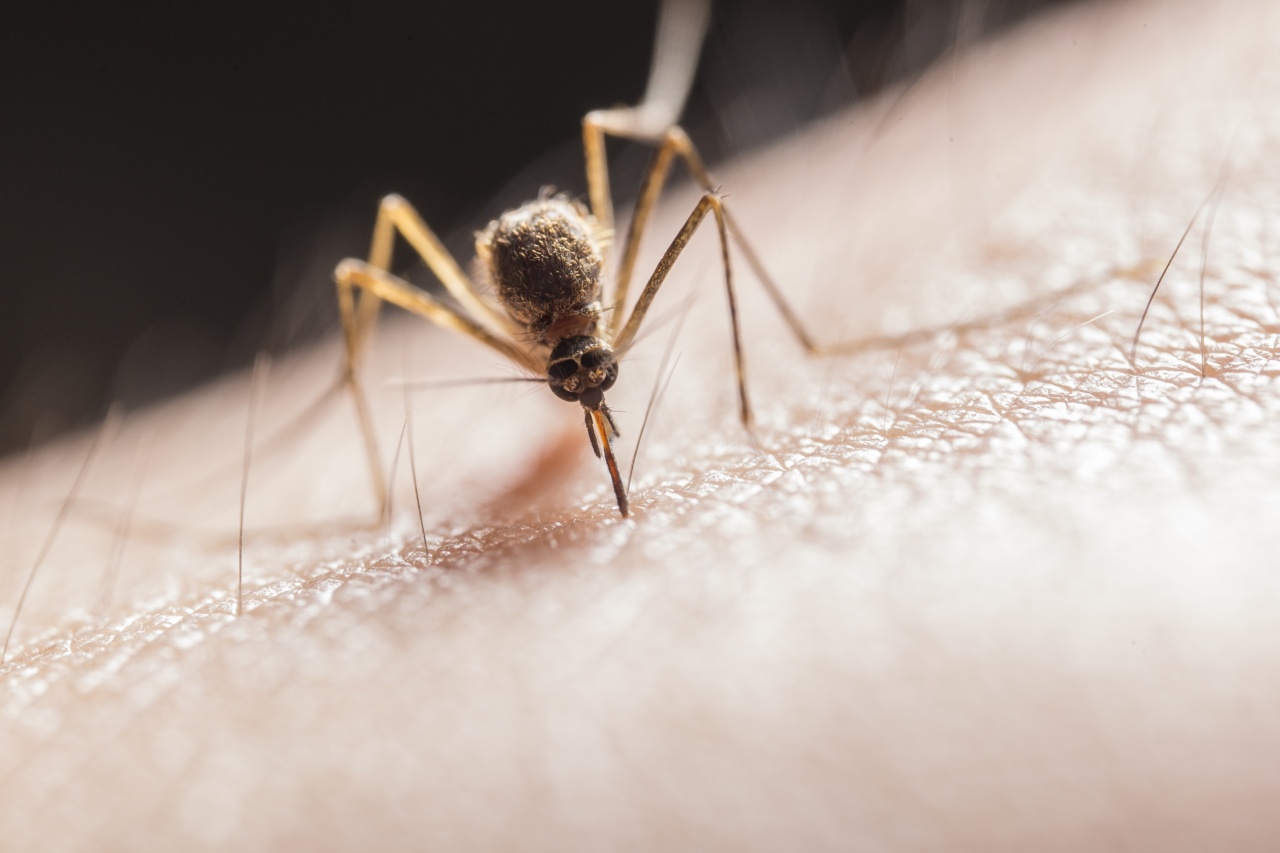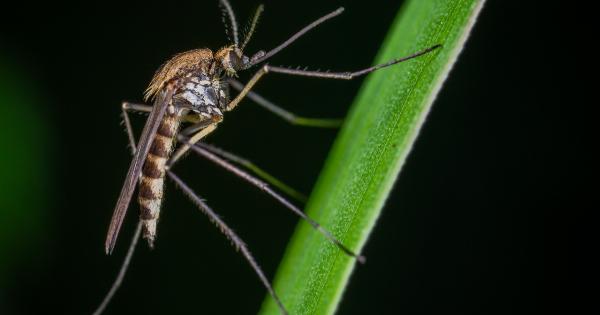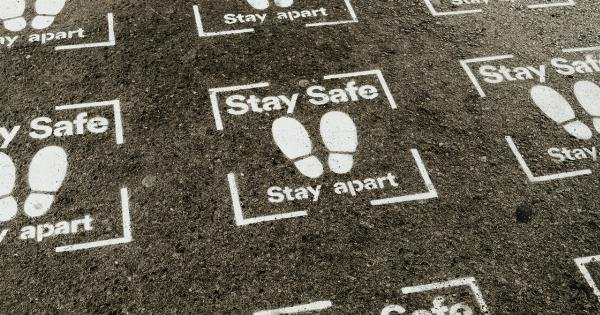Summer is a time for outdoor activities and enjoying the warm weather. However, along with these joys comes the annoyance of mosquito bites. These tiny insects can not only cause itchiness and discomfort but can also transmit harmful diseases.
If you’re dealing with a painful mosquito bite, there are several remedies that can provide relief and help you heal faster.
1. Apply ice or a cold compress
One of the quickest and easiest ways to relieve itching and pain caused by a mosquito bite is to apply ice or a cold compress. The cold temperature helps numb the area, reducing inflammation and providing instant relief.
Wrap a few ice cubes in a clean cloth or use a cold pack, then hold it against the affected area for 10 to 15 minutes.
2. Use over-the-counter topical creams
If itching persists or becomes unbearable, over-the-counter topical creams can offer effective relief. Look for creams or ointments containing ingredients such as hydrocortisone, calamine, or lidocaine.
These products provide anti-inflammatory and anti-itch properties to soothe the bite and reduce discomfort.
3. Try natural remedies
If you prefer natural remedies, there are several options that can help alleviate mosquito bite symptoms. Applying aloe vera gel, which has anti-inflammatory properties, can provide relief and promote healing.
Other natural remedies include tea tree oil, witch hazel, and oatmeal baths, all of which have soothing and anti-itch properties.
4. Avoid scratching
While it may be tempting to scratch a mosquito bite, it’s important to avoid doing so. Scratching can lead to further irritation and increase the risk of infection.
If the urge to scratch becomes too strong, try gently tapping or patting the area instead. This can help relieve itching without causing damage to the skin.
5. Keep the area clean and dry
Proper hygiene is crucial when dealing with mosquito bites. Clean the affected area with mild soap and water to remove any dirt or bacteria that could cause infection. After washing, pat the area dry with a clean towel or air dry it.
Avoid using harsh soaps or rubbing the bite vigorously, as this can worsen itching and irritation.
6. Take oral antihistamines
If you’re experiencing severe itching or an allergic reaction to a mosquito bite, oral antihistamines can provide relief. These medications block histamine, a chemical released by the body in response to allergic reactions.
Check with your doctor or pharmacist for recommended over-the-counter antihistamines that are suitable for your specific needs.
7. Use aloe vera ice cubes
Aloe vera ice cubes can be a lifesaver when it comes to mosquito bites. Simply extract the gel from an aloe vera leaf and mix it with water in an ice cube tray.
Freeze the tray and apply the aloe vera ice cubes directly to the affected area for instant relief. Aloe vera also helps reduce inflammation and promotes faster healing.
8. Elevate the affected area
If you’re dealing with a particularly swollen mosquito bite, elevating the affected area can help reduce swelling and promote faster healing. Prop up the bitten limb on a pillow or cushion, keeping it elevated higher than your heart.
This technique encourages proper blood flow and limits the accumulation of excess fluid around the bite.
9. Use a warm spoon
Although it may sound strange, using a warm spoon can provide relief from mosquito bites. Dip a spoon in hot water, making sure it’s not too hot to touch, and press it gently against the bite.
The heat helps break down the proteins in the mosquito’s saliva, reducing itching and inflammation. Remember to clean the spoon thoroughly before and after each use.
10. Apply honey
Honey has natural antibacterial properties and can help soothe the itching and inflammation caused by mosquito bites. Dab a small amount of honey directly onto the bite and cover it with a bandage or clean cloth.
Leave it on for about 30 minutes before rinsing with cool water. Repeat this process several times a day as needed.
Conclusion
Mosquito bites can be a bothersome part of the summer season, but with these remedies, you can find relief and promote faster healing.
Remember to avoid scratching, keep the area clean, and try natural and over-the-counter remedies to alleviate itching and discomfort. If the symptoms worsen or persist for an extended period, it’s advisable to consult a healthcare professional for further guidance.



























